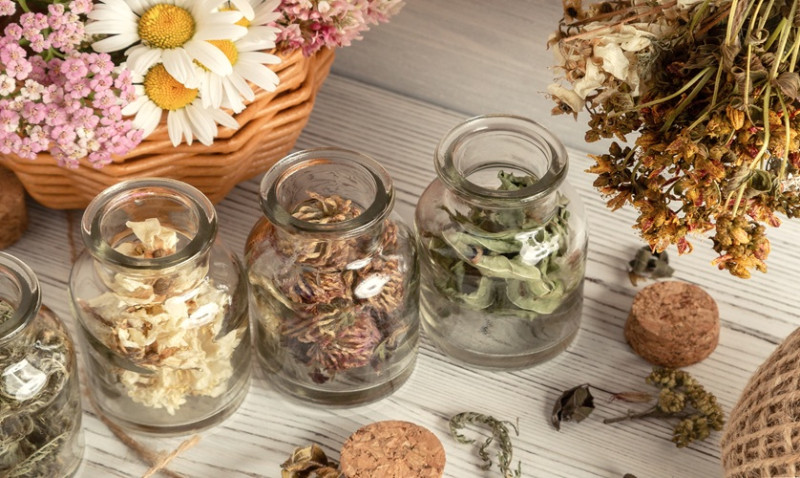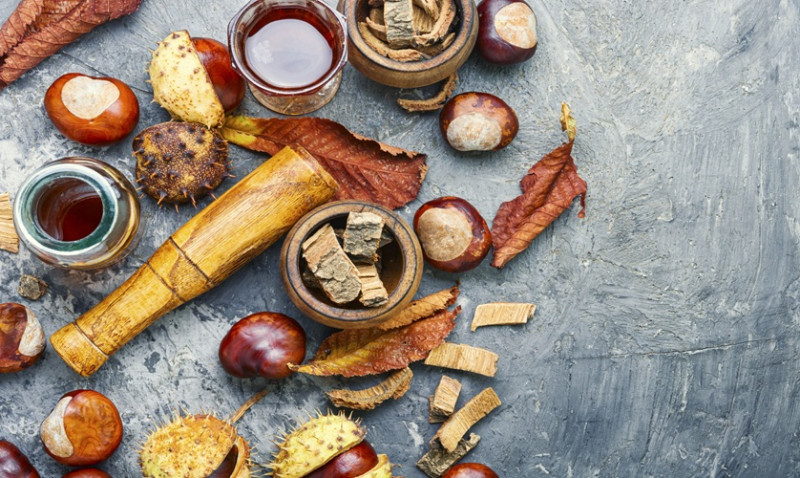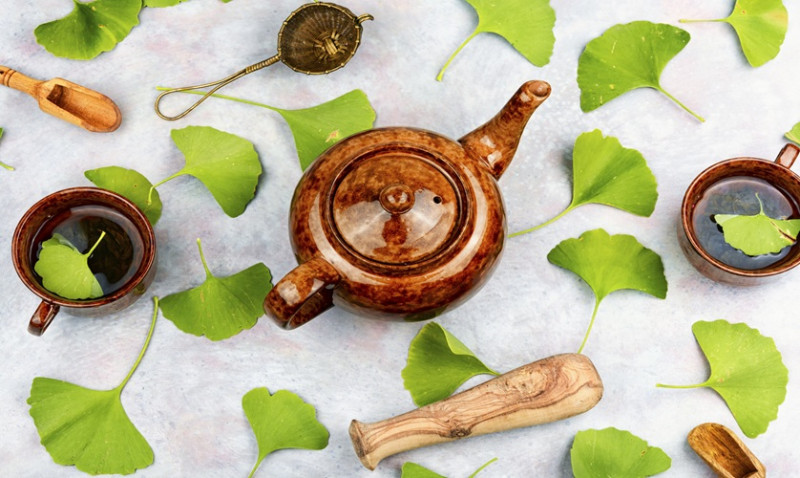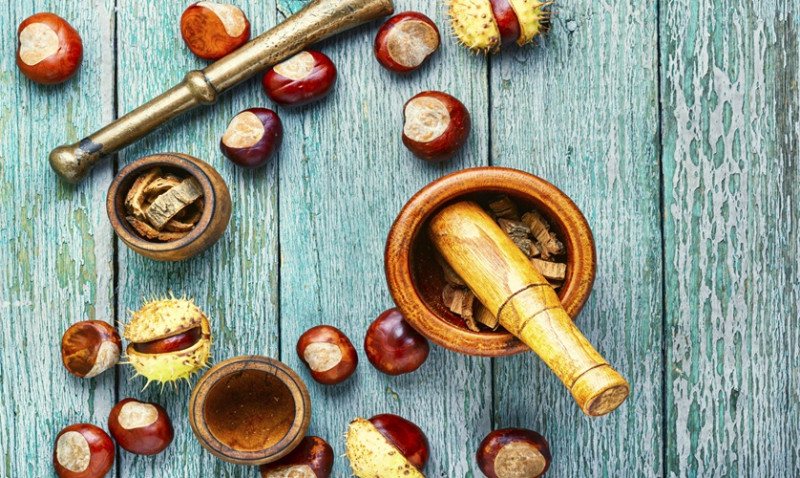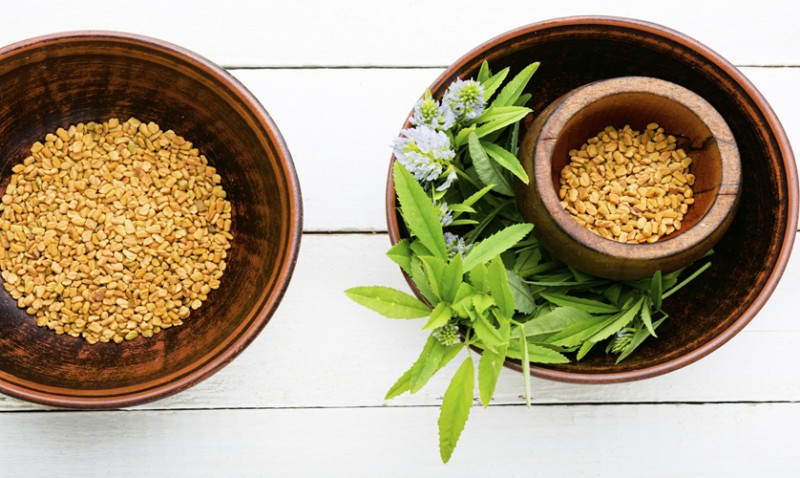
Homeopathy has long been a preferred choice for those seeking natural and holistic remedies for a wide range of health concerns. In the UK, where the focus on wellness and integrative care is growing, both Indian and German homeopathic medicines have found a foothold. But with an increasing number of homeowners, young professionals, and even design-savvy architects taking an interest in natural health and wellness products for themselves and their clients, it’s important to understand the key differences between these two origins of homeopathic therapy.
In this article, we’ll explore how Indian and German homeopathic medicines compare in terms of manufacturing practices, ingredient quality, regulatory frameworks, costs, and user preferences. Whether you're a DIY enthusiast looking for natural remedies or a professional specifying holistic solutions for wellness-oriented projects, this guide will help you choose the right homeopathic products for your specific needs.
1. Historical Background and Philosophy
Homeopathy was originally developed by Dr. Samuel Hahnemann in Germany in the late 18th century. As its birthplace, Germany boasts a long-standing tradition and institutional history in the field of homeopathy. German-made products often reflect this deep-rooted expertise, blending traditional methodologies with modern scientific advancements.
India, on the other hand, adopted homeopathy during the early 19th century under British influence and has since become one of the largest producers of homeopathic medicines globally. Homeopathy is deeply embedded in India's healthcare framework, supported by the Ministry of AYUSH, which regulates and promotes traditional medicine systems including Ayurveda, Yoga and Naturopathy, Unani, Siddha, and Homeopathy.
Although the core philosophy of 'like cures like' remains the same, the interpretation and clinical application can differ based on the region’s understanding of disease management and public health structure.
So, when you're selecting a product for your family’s wellness kit or recommending it to clients who prefer holistic alternatives, it's essential to know the cultural and medical underpinnings behind the remedies you choose.
2. Ingredient Sourcing and Preparation
One of the most noticeable differences between Indian and German homeopathic medicines lies in their sourcing of ingredients. Germany maintains extremely high standards for raw material selection, often importing ingredients from environmentally sustainable and certified sources.
German homeopathic medicines are typically made with pharmaceutically graded alcohol and purified water, adhering to the German Homeopathic Pharmacopoeia (GHP) or the European Pharmacopoeia, which ensures high potency and minimal deviation in formulation.
Indian manufacturers, though highly diverse, rely on locally available botanicals, minerals, and even traditional Ayurvedic ingredients. While many prominent Indian companies adhere to WHO GMP (Good Manufacturing Practices), the standards can vary more broadly due to the sheer number of small-to-medium scale producers.
As a tradesman or designer specifying wellness products for a home renovation project or clinic setup, you may want to pay close attention to the origin of ingredients and preparation techniques, especially if your client bases value sustainability and medical accuracy.
3. Regulatory Oversight and Quality Assurance
In Germany, the regulation of homeopathic medicines is stringent. The Federal Institute for Drugs and Medical Devices (BfArM) strictly monitors each formulation under the principles of safety, efficacy, and consistency.
German law requires that all homeopathic medicines be manufactured according to Good Manufacturing Practice (GMP), and these regulations often extend even further than required at the European Union level. All formulations are checked for even minute variances in dosage, safety, and efficacy which helps assure both medical professionals and end-users alike.
India places homeopathy under the purview of the Central Council of Homeopathy and the Ministry of AYUSH. While several Indian brands such as SBL, Dr. Reckeweg India, and Medisynth maintain solid quality control, there are also less-regulated vendors whose products may not meet international standards consistently.
For anyone decorating or modelling wellness-focused spaces in UK residences or businesses, specifying or stocking only CE-certified or EU-approved homeopathic medicines by reputable German or Indian manufacturers is a wise move.
4. Cost Comparison
Cost is a critical factor for most DIY enthusiasts and service professionals in the UK, especially when sourcing remedies for health and lifestyle applications.
Indian homeopathic remedies are generally more affordable due to lower manufacturing and labour costs. Their affordability makes them widely accessible and a popular choice among young professionals seeking a natural solution without straining their budget.
German remedies come with a higher price tag, largely due to stricter regulatory compliance, advanced manufacturing technologies, and comprehensive post-market surveillance. However, the premium cost often translates to predictable potency and longer shelf life, which can be worth the investment for sensitive users and clinical settings.
Below is a simple cost comparison table that outlines typical UK retail pricing:
| Product Type | Indian Homeopathy (avg. price) | German Homeopathy (avg. price) |
|---|---|---|
| Single-ingredient pellets (30C) | £2.50 - £4.50 | £5.50 - £8.00 |
| Combination remedies | £5.00 - £8.00 | £10.00 - £15.00 |
| Mother tinctures | £3.00 - £5.00 (30ml) | £7.00 - £10.00 (30ml) |
5. Brand Reputation and Popularity in the UK
In the UK, you’ll commonly find German brands such as Heel, Weleda, and Dr. Reckeweg carried by health shops, organic markets, and major pharmacies. These brands are known for their consistent quality and alignment with EU regulations, which makes them a trusted staple for clinics, spas, and home wellness setups.
On the Indian side, brands such as SBL, Schwabe India (a licensed continuity of the German brand), and Bakson’s are gaining popularity for offering diverse remedies at affordable prices. Many of these brands are available online and are slowly appearing in niche wellness boutiques as well.
Professionals working on commercial wellness spaces might find German brands more appropriate for client trust and marketability, while Indian brands may be best for personal use or lower-budget projects without compromising too much on efficacy.
6. Usage Trends in the UK Context
Recent statistics show a growing interest in homeopathy across the UK. With the wellness movement gaining traction among urban dwellers, eco-conscious professionals and design managers are increasingly integrating homeopathic spaces into homes and clinics — from herbal remedy drawers in kitchens to apothecary-style wellness nooks in spas.
German products often lead the pack here due to their alignment with modern European aesthetics and eco-friendly packaging. However, Indian products are widely used within the South Asian diaspora and budget-conscious consumers who trust in the age-old efficacy of Indian formulations.
If you're curating a holistic wellness room for a home renovation, it may be wise to offer a combination of reliable German remedies with popular Indian formulations to give end-users flexible options they can trust.
7. Final Thoughts: Which Should You Choose?
Choosing between Indian and German homeopathic medicines ultimately comes down to your specific needs, preferences, and budget. If quality assurance, brand reputation, and EU-compliance are high on your list — especially for client-facing spaces and designs — German remedies may be the best fit.
For personal use, general home wellness, or cost-effective stocking of a variety of remedies, Indian brands offer excellent value and have a loyal global following. When ordered from reputable sources, their efficacy can be just as reliable.
Those looking to combine design, wellness, and practical functionality in renovation or development projects may consider offering both options — allowing end-users to experience the best of both worlds.
Whether you’re a DIY enthusiast building your home’s wellness cabinet or a professional tradesman curating products for inspired living, understanding the homeopathy landscape ensures your projects remain not only beautiful but holistically balanced as well.
#homeopathicmedicine #RxHpathy #wellnessdesign #naturalhealingUK
